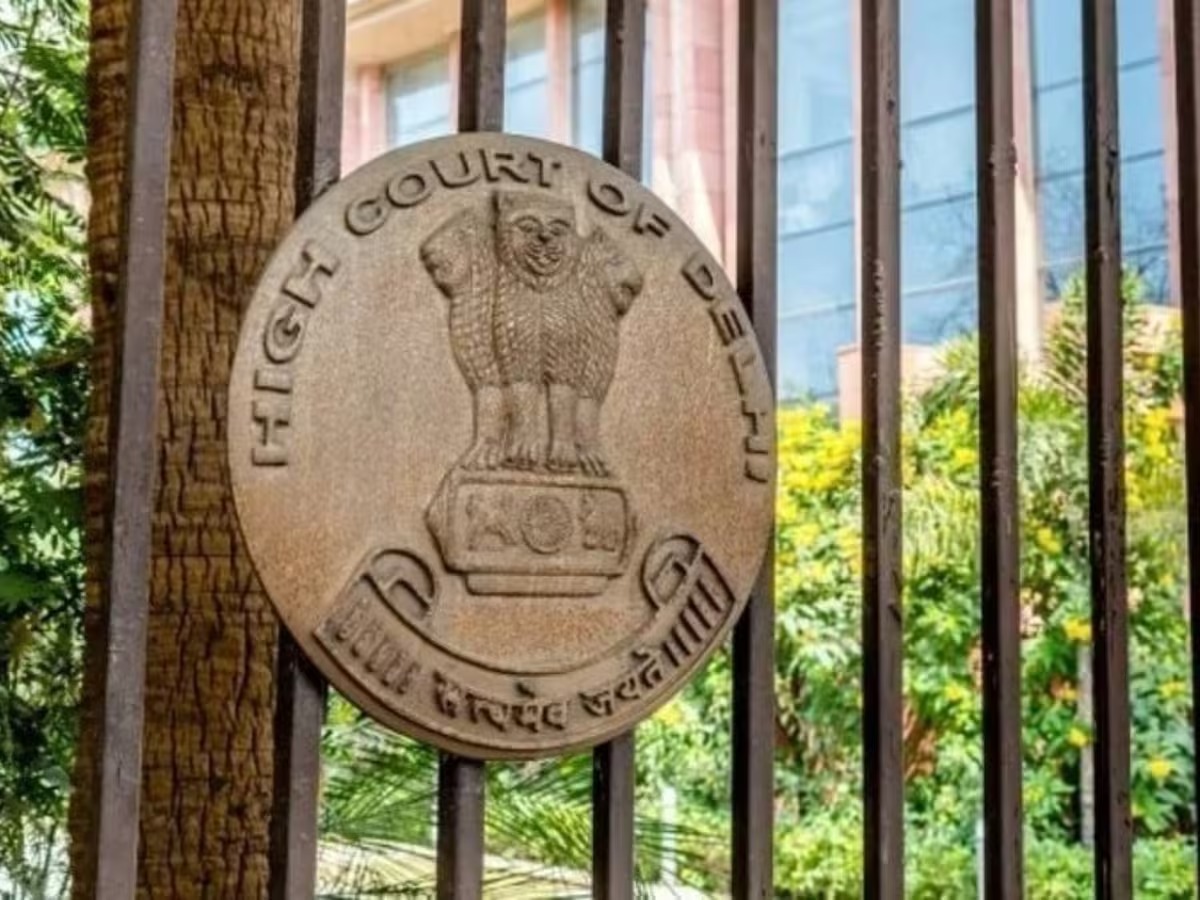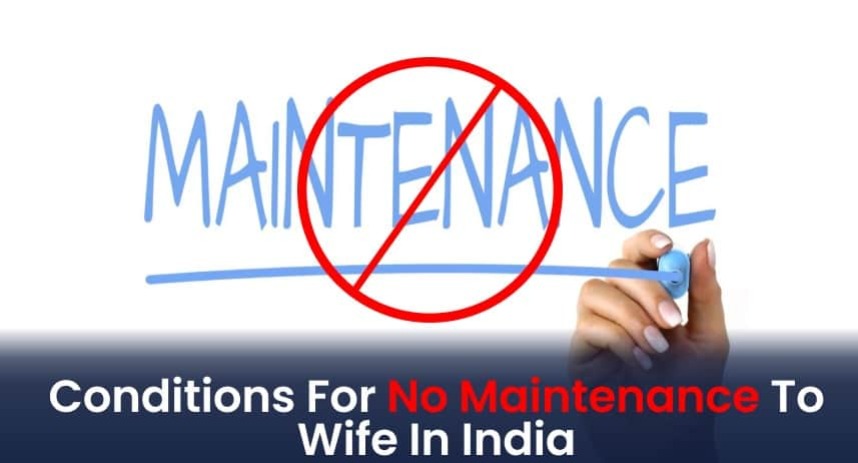M.M. Pareed Pillay, C.J.@mdashThis is a petition for habeas corpus filed by the brother of the detenu T. P. Abdul Majeed. On 27-6-1992 T. P. Abdul Majeed (hereinafter referred to as detenu) arrived at the International. Airport, Trivandrum to receive Moidu, who was coming to Kerala from Dubai. Moidu paid customs duty for 3031.6 grams of gold at Rs. 66,695/-. The detenu was to receive Moidu to help him to convey the duty paid gold to Coimbatore as directed by one Shaffi. Moidu had concealed 2869 grams of gold in the form of two sheets, which were later on detected by the officials of the respondents. Relying on the statement of Moidu detenu was also arrested and his statement was obtained. Detenu has retracted from it later.
2. Detenu was arrested on 26-6-1992 and he was later released on bail. On 17-2-1993, the Deputy Collector of Customs passed adjudication order (Ext. P4) dropping the proceedings against the detenu. In Ext. P4 the Deputy Collector arrived at the conclusion that the detenu could not be involved in concealing gold by another passenger who came from abroad and that there are no incriminating circumstances against him. On 18-1-1995 the detenu was arrested under the Conservation of Foreign Exchange and Prevention of Smuggling Activities Act, 1974. Grounds of detention were also furnished to him. Detenu submitted representation against Ext. P5 order. His representation was rejected.
3. The stand taken by the petitioner is that Exts. P5, P6, P8, P9 and P10 are illegal, unauthorised and reflective of presumptions and inferences drawn independently by the respondents without reference to the facts, circumstances or materials on record. It is also contended that a reading of Exts. PI to P3 would really establish that Ext. P5 order was passed without applying the mind of the detaining authority, thereby rendering it illegal, unauthorised and void.
4. As the power of detention is essentially a preventive measure and as it does not have the characteristic of punishment petitioner cannot be heard to say that at best there is only suspicion against the detenu and action taken in anticipation is without justification. In
"The matters which have to be considered by the detaining authority are whether the person concerned, having regard to his past conduct judged in the light of the surrounding circumstances and other relevant material, would be likely to act in a prejudicial manner as contemplated in any of sub-clauses (i), (ii) and (iii) of clause (1) of sub-section (1) of Section 3, and if so, whether it is necessary to detain him with a view to preventing him from so acting. These are not matters suspectible of objective determination and they could not be intended to be judged by objective standards. They are essentially matters which have to be administratively determined for the purpose of taking administrative action. Their determination is. therefore, deliberately and advisedly left by the Legislature to the subjective satisfaction of the detaining authority which by reason of its special position, experience and expertise would be best fitted to decide them. It must in the circumstances be held that the subjective satisfaction of the detaining authority as regards these matters constitutes the foundation for the exercise of the power of detention and the Court cannot be invited to consider the propriety or sufficiency of the grounds on which the satisfaction of the detaining authority is based."
Hence the subjective satisfaction of the detaining authority regarding the detention cannot be judicially reviewed.
5. In
6. In
7. The second respondent on considering the entire gamut of the matter and also taking into consideration the voluntary statement made by the detenu that he used to receive the gold sent by Shaffi and used to dispose of it at Coimbatore held that the detention order was not passed mechanically. The second respondent held that the detention order was passed after careful consideration of all the facts and evidence. As there was no non-application or misapplication of the mind the second respondent rejected the representation of the detenu holding that the order of detention is based on solid grounds and good evidence and that it was issued after careful consideration of all the relevant facts and evidence. As per Ext. P10 the detention of the detenu was confirmed for a period of one year with effect from 18-1-1995.
8. Next contention is that in view of the proceedings being dropped against the detenu the preventive detention later ordered as thoroughly illegal. We cannot accept the above contention as the power of preventive detention is qualitatively different from punitive detention. As the power of preventive detention is precautionary in nature and it has to be exercised in reasonable anticipation it has no nexus with conviction or acquittal in any criminal proceedings, or proceedings before the Customs Collector. The decision taken by the Customs Collector in any proceedings also is irrelevant. Preventive detention under the Act cannot be considered as a parallel proceeding. In other words the order of preventive detention cannot be correlated to the result of the proceedings before the Customs Collector. As order of preventive detention can be made with or without prosecution discharge or acquittal in a criminal proceedings does not matter. In
9. Article 22 clause (5) of the Constitution of India gives a right to the detained person to be furnished with "the grounds on which the order has been made" and that has to be done "as soon as may be". It affords the earliest opportunity of making a representation against the order. Petitioner could not establish that the grounds on which the order of detention was made were not communicated to the detenu or that the earliest opportunity of making a representation was denied to him.
10. Petitioner has not attributed any mala fides into the action of the authorities concerned. nor could be establish sufficient grounds for this court to interfere with the order of detention.
11. Counsel for the petitioner next contended that there is delay in the order of detention and its execution. In the absence of any pleading to that effect in the original petition, respondents were not obviously-called upon to answer the same. In the absence of pleadings petitioner cannot raise it as a ground to challenge the order of detention. Counsel submitted that petitioner may be allowed to raise this plea in fresh proceedings. It is open to him to raise the said plea in fresh proceedings, if he is so advised.
12. We see no reason to allow the original petition. Original Petition is dismissed.

